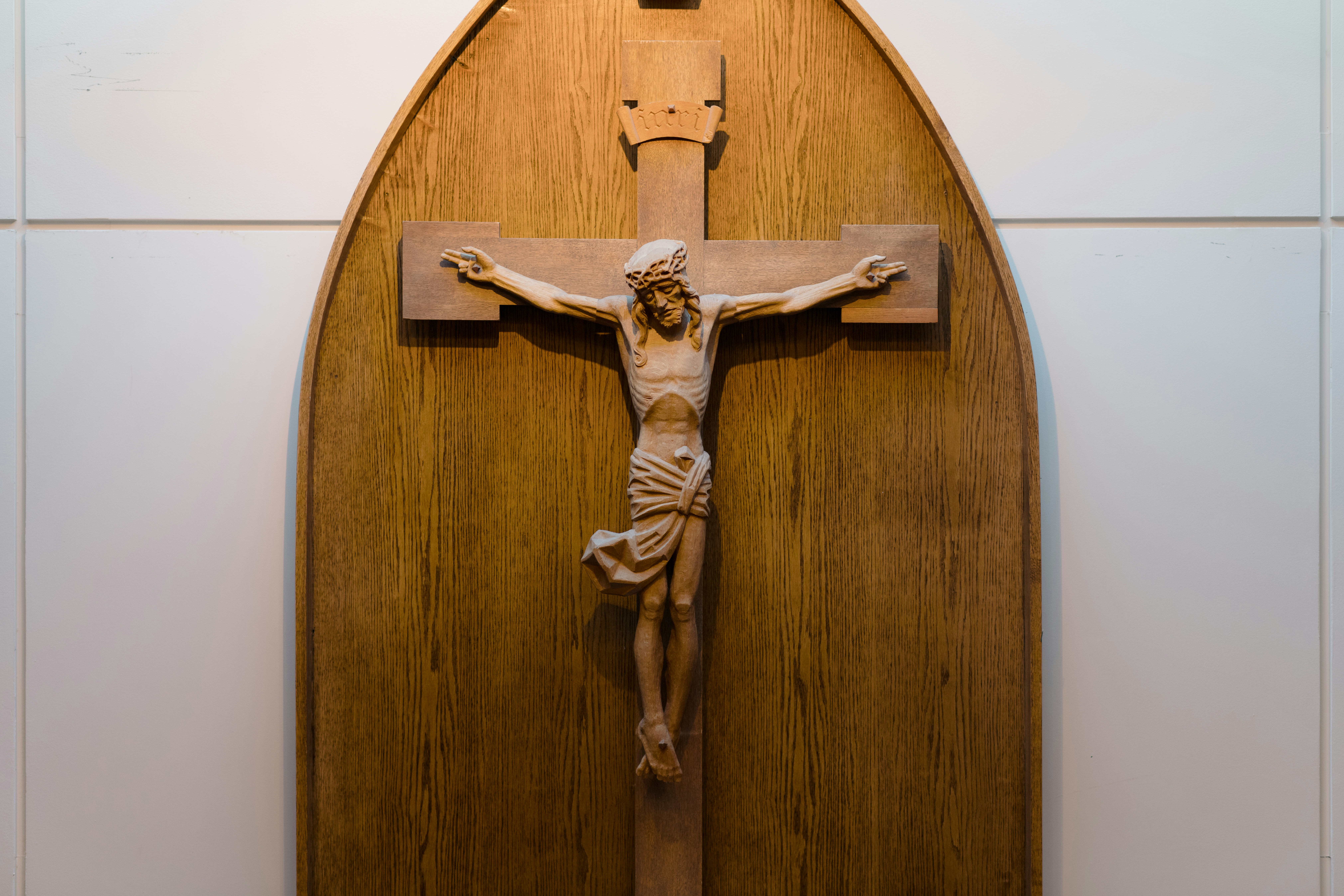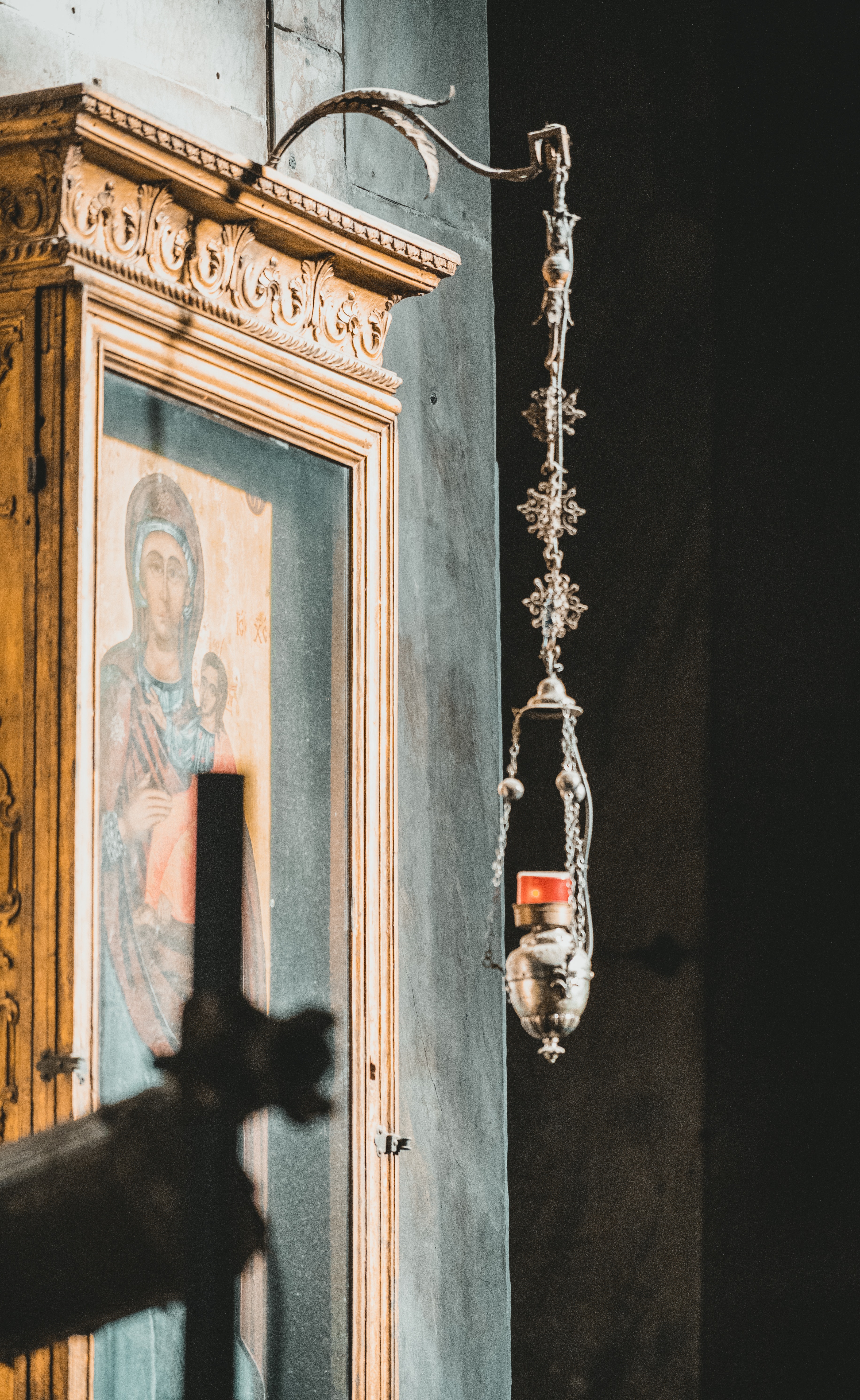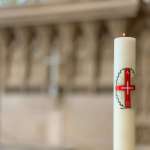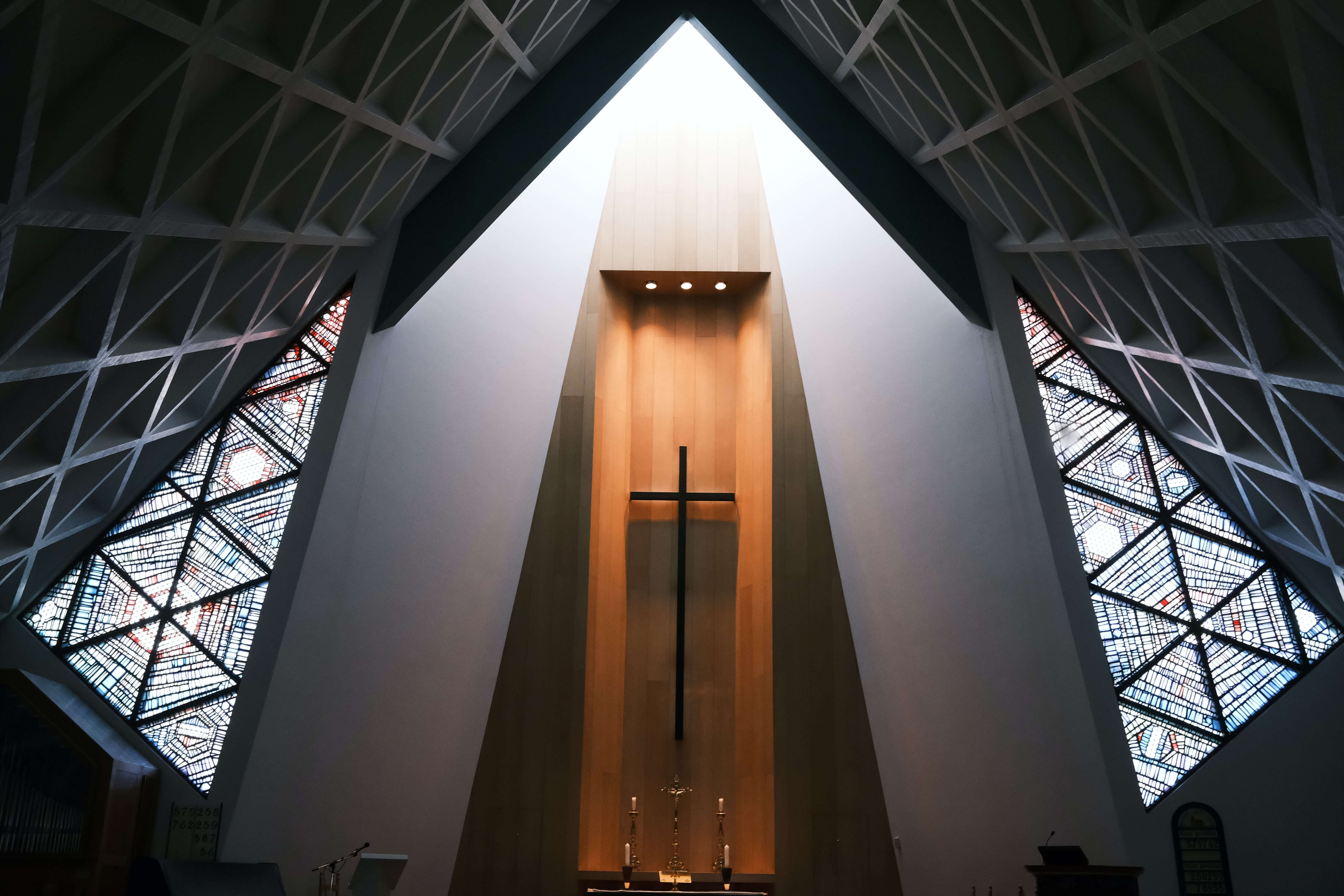Sainted Cardinal Newman, Doctor of the Church
Imagine my surprise when I learned that St John Henry Newman, my Confirmation saint, was going to be declared a Doctor of Church. Even more surprising was that I had just visited his Shrine and prayed before his relics in Birmingham three days before the announcement!
Let’s revisit his amazing and inspiring story.
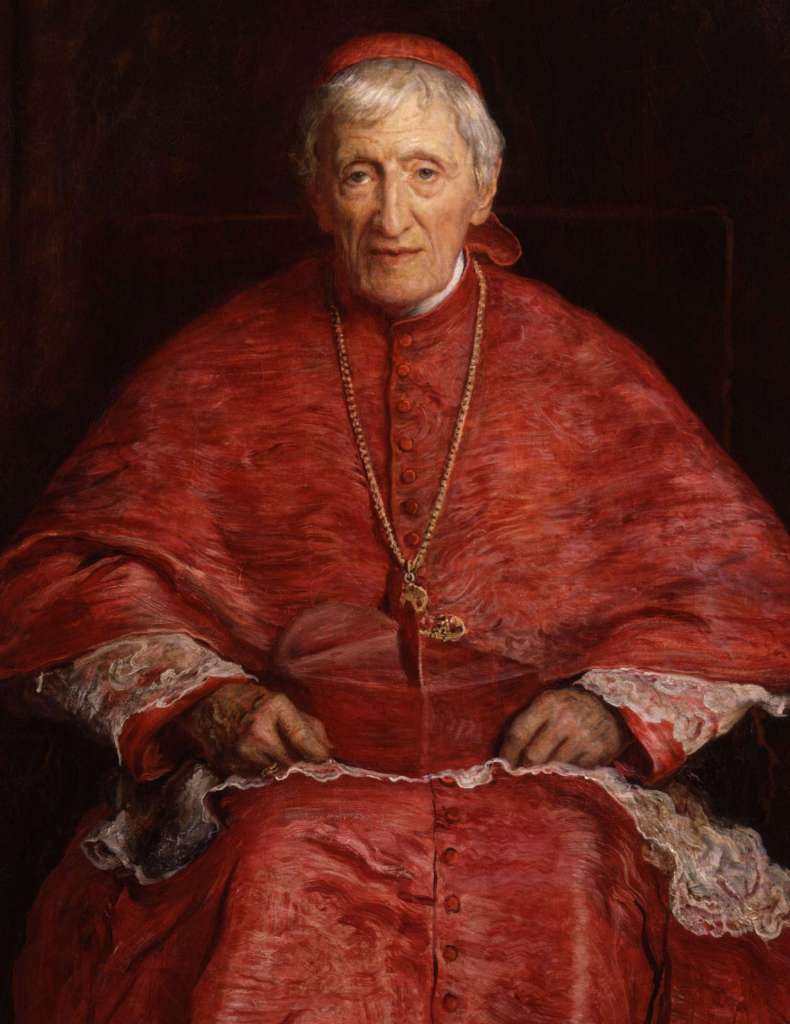
Ealing connection
John Henry Newman was born in London in 1801, went to school in Ealing (the same neighbourhood where our Divine Mercy Apostolate is located) and eventually studied theology at Oxford University. After ordination in the Church of England, he served as a chaplain in Oxford, where his study of the Church Fathers and history inspired him and others to begin what is now called the Oxford Movement.
Before this movement, Anglicanism was rather Protestant in outlook. The Oxford Movement attempted to make Anglicanism more Catholic in Liturgy and theology and tried to argue that the Church of England was the true continuation of the early Church.
However, pushback from society and the Church of England itself, as well as further study, brought Newman to the uncomfortable realization that Anglicanism was in fact not the true Christianity he claimed it was but, instead, a deviation from it. He had come to the belief that Catholicism has been and is the true Church founded by Christ.
Removing himself from ministry, he took several years to study and pray with greater intensity.
Conversion
In 1845, Newman was received into the Catholic Church, went to Rome, and was ordained as a priest two years later. He returned to the United Kingdom, working to change attitudes and remove biases that many had (and still have) towards Catholics.
Of course, his conversion was met with hostility. In his attempts to speak out against the lies of some, he himself was attacked and even sued. Even though his opponent won, many of the public, Catholic and non-Catholic alike, called it a miscarriage of justice brought about by the anti-Catholic prejudice of the judge.
He was a member of the Oratory of St. Philip Neri and spent his life promoting Catholic education and culture. He was named a cardinal in 1879 and died in 1890.
Beatified in 2010 by Pope Benedict XVI at a special Mass in Birmingham, the city where he worked and died, Pope Francis canonized him in 2019.
Thinker
Newman’s theological contribution deserves its own separate article, but he is known especially for the importance he placed on the role of each person’s conscience in the moral life.
Additionally, his call for deeper study of the Church Fathers and history was picked up and stressed by the Second Vatican Council seventy years after his death. However, he is most known for his concept of the development of doctrine, which I am sure is one of the many reasons why he was declared a Doctor of the Church.
Newman’s theology of the development of doctrine shows how the beliefs and teachings of the Catholic Church not explicitly mentioned in Scripture are not somehow contrary to the Bible or the early Church, but are instead rooted in them. Development of doctrine is a clarification of already-believed parts of our faith, such as the papacy and the Immaculate Conception (and the Trinity, for that matter.) He also used it to show how various Protestant communities and even the Anglican tradition he grew up in are not rooted in the teachings of Scripture and the early Church, but are the fruit of theological innovation, as taught by their numerous founders.
Co-Patron of Education
When the Holy Father named him a Doctor of the Church, he also named Newman as co-patron of education, sharing the title with St. Thomas Aquinas. Newman’s writing on education is insightful: he saw it not just as the accumulation of knowledge or training for a particular career, but instead crucial in the creation of the individual as a virtuous person. Most universities today have completely forgotten about this aspect of their mission.
Perhaps Pope Leo XIV’s move is a reminder to universities, particularly Catholic universities, that they have a unique role to play in the spiritual well-being of their students.
On the same path
As someone who grew up Anglican and did my own study of history, Newman became a model and guide for me, and, just like him, I became Catholic after arriving at the same conclusions he did. Just like him, I love the Anglican tradition that fostered my faith and, just like him, I carry parts of it to my Catholic faith. I also, just like him, pray every day for the conversion of England and for unity among Christians.
I highly recommend reading his autobiography, Apologia Pro Vita Sua, which explains his life and conversion. Also, his Parochial and Plain Sermons are easy to read, practical, and full of wit and good, holy advice.
Pray through his intercession for conversions, wisdom, and humility. I certainly do!
Saint John Henry Newman, pray for us!
Contact Father Alex Pumphrey, MIC at info@divinemercy.org.uk


